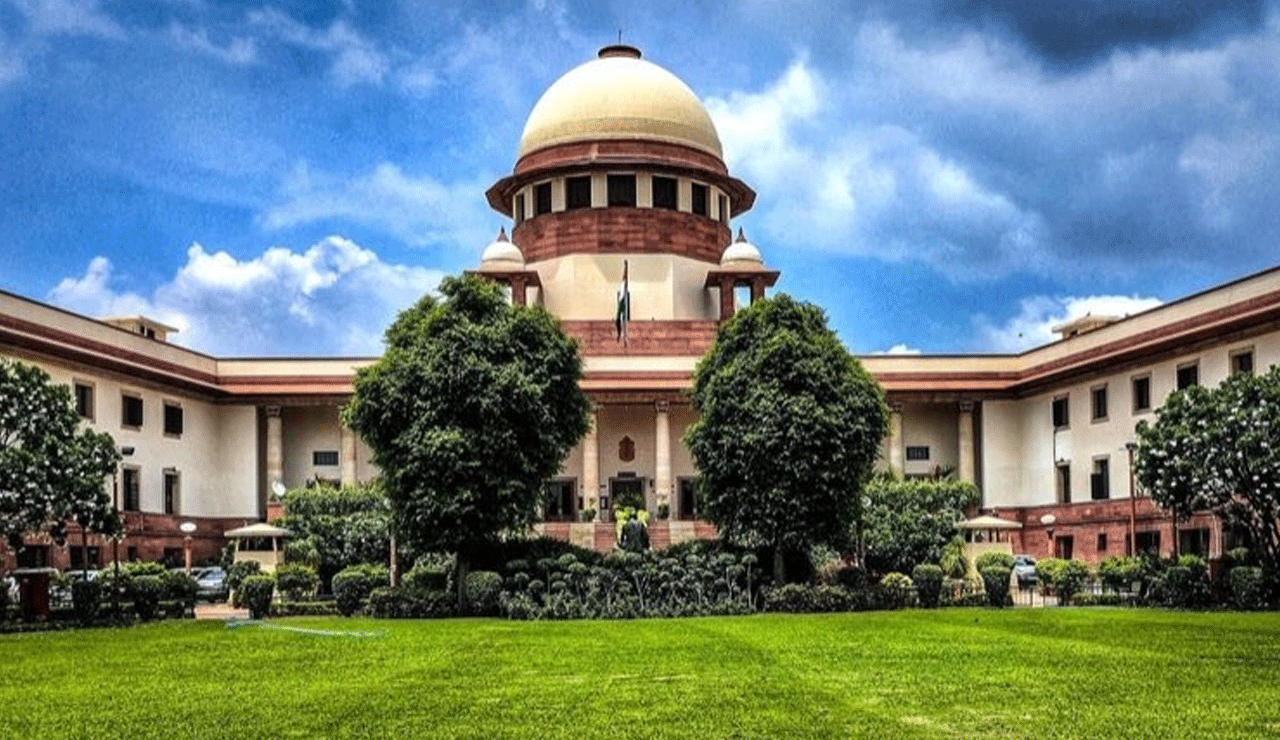
New Delhi: The Supreme Court of India commenced hearings on the case concerning the disqualification of 10 rebel MLAs from the Telangana Legislative Assembly. A bench led by Justices BR Gavai and Augustine George heard arguments related to the petitions filed by the Bharat Rashtra Samithi (BRS) party, which sought the disqualification of these MLAs who had defected to the Congress party.
Table of Contents
Legal Battle Over Telangana Rebel MLAs
Senior advocate Abhishek Manu Singhvi, representing the Secretary of the Telangana Legislative Assembly, presented arguments before the bench. The case revolves around 10 MLAs who initially won on the BRS party symbol but later joined the Congress. Despite the Telangana High Court’s ruling stating that the MLAs had defected, the Speaker of the Legislative Assembly has not yet taken any action on the matter.
The BRS leaders, including KT Rama Rao and Padi Kaushik Reddy, filed petitions seeking the disqualification of these MLAs under the anti-defection law, citing violations of the Tenth Schedule of the Constitution. Aryama Sundaram, appearing on behalf of BRS, had already argued the case earlier.
The Role of the Speaker and Judicial Oversight
In the proceedings, Senior Advocate Mukul Rohatgi, representing the Telangana Speaker, concluded his arguments on Wednesday. Rohatgi argued that the courts cannot interfere with the Speaker’s decision-making process regarding disqualification cases. He asserted that judicial review could only apply after the Speaker has made a decision, not before.
Also Read: 300 Bikers Ride for a Cause: Dubai to Kalba Charity Journey on Eid Al Fitr
The Supreme Court bench raised pertinent questions, asking whether the courts should keep an eye on the matter if the Speaker fails to take action. The bench also questioned if the matter should be left solely to the legislative system, especially since the Tenth Schedule had not been amended by Parliament to enforce a time limit on the Speaker’s decision.
Tenth Schedule and Court’s Constitutional Role
The Tenth Schedule of the Constitution was introduced to prevent defections and safeguard the stability of the elected government. However, the Supreme Court raised concerns about whether it is constitutional to allow delays in enforcing the anti-defection law due to parliamentary inaction. The court questioned whether the judiciary should remain passive if Parliament fails to amend the law to impose a time-bound limit on the Speaker’s decision-making process.
What’s Next for the Case?
The Supreme Court’s decision will have significant implications for the enforcement of the anti-defection law and the authority of the Speaker in the disqualification process. The case is closely watched by political leaders and constitutional experts as it may set a precedent for future cases related to party defections.
As the hearing continues, the court’s interpretation of the Tenth Schedule could influence the legal framework governing defections and the role of the judiciary in overseeing legislative processes.
